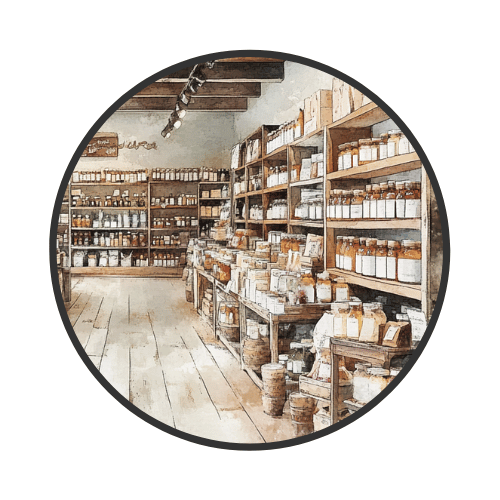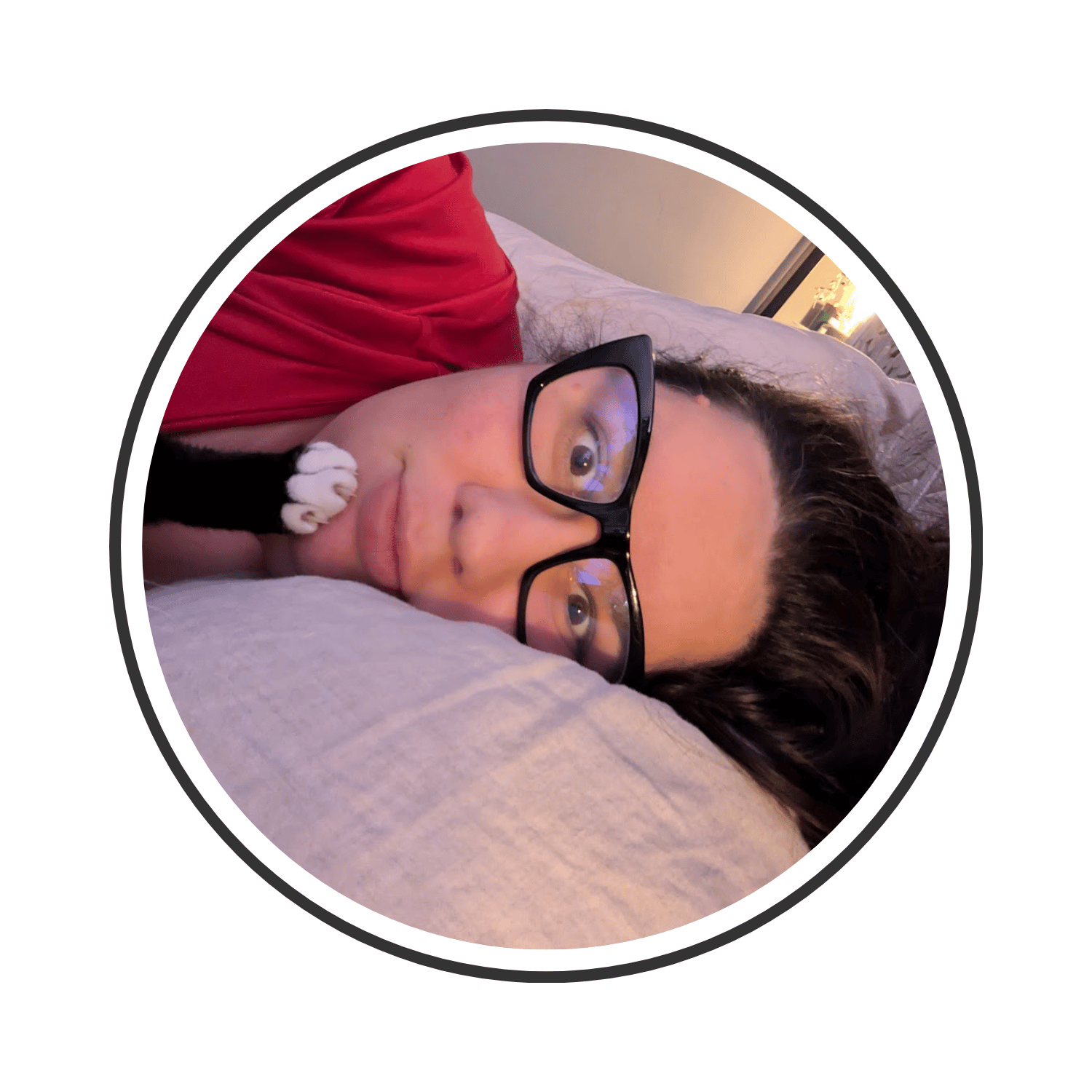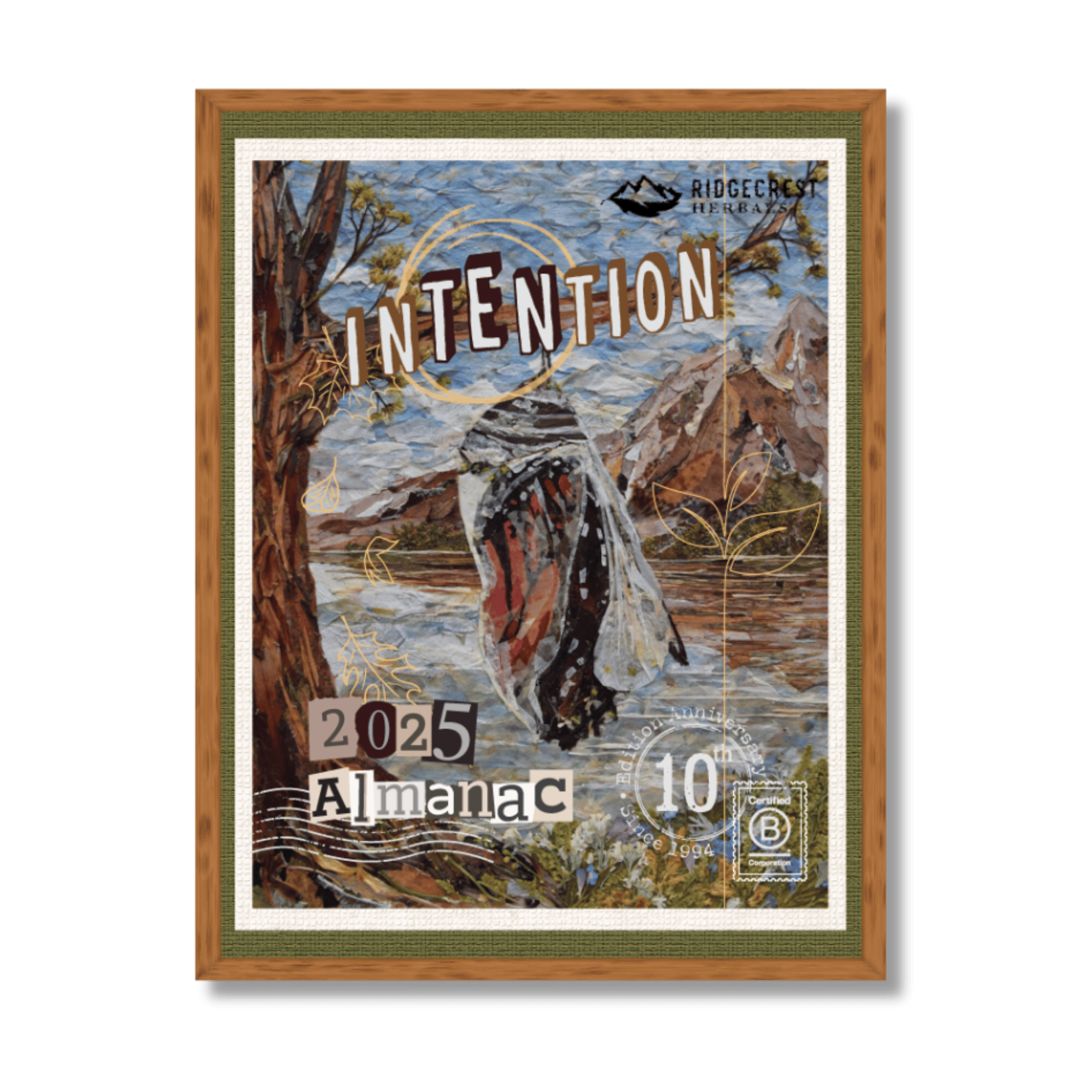Is the Supplement Industry Regulated? What You Need to Know About Safety, Compliance, and Transparency
If you’ve ever heard someone say the supplement industry isn’t regulated, you’re not alone. Misconceptions about how supplements are monitored for safety and accuracy are widespread. As someone working deeply in quality control at RidgeCrest Herbals, I wanted to set the record straight and share insights from both industry experience and real conversations with everyday consumers.
Podcast Insights: Questioning the Industry
I spend a fair bit of time driving and enjoy listening to podcasts. One of my favorite podcasts has been Maintenance Phase, which dives into the history of wellness grifters, diet books, and shady influencers. One episode discussed a supplement company that made people sick by adding untested fiber ingredients. Throughout the episode, they repeatedly said:
"And as you know, the supplement industry is entirely unregulated."
Behind the Scenes at RidgeCrest Herbals
As part of the Quality team, and someone who is PCQI and cGMP certified, that statement frustrates me. Every day, our team verifies that every ingredient in our supplements is accurate, safe, documented, and legal. I also support our marketing team, reviewing content to ensure compliance with FTC truth-in-advertising standards. Regulations aren’t just rules on paper, they’re the backbone of trust.
What People Really Think About Supplement Regulation
I asked a social media forum what they think when they hear “the supplement industry isn’t regulated.” Here’s what I learned:
Confusion Between Drugs and Supplements
Many people assume supplements aren’t regulated because they aren’t held to the same rigorous testing as pharmaceutical drugs. While true, supplements are still regulated as food. Safety, labeling, and ingredient accuracy are all legally required.
Misunderstanding Health Claims
Supplements cannot make health claims without high-quality studies to back them up. Unfortunately, this nuance is often lost on consumers. Some companies either ignore or misunderstand the rules, creating distrust for the entire industry.
Ignorance vs. Fraud
Not all mistakes are malicious. Some companies are simply unaware of complex regulations or lack the resources to fully comply, leading to unintentional non-compliance.
Ineffective Oversight
Whether overregulated or underregulated, most agree that enforcement is inconsistent. This allows unscrupulous companies to operate under the radar, damaging trust for everyone.
Moving Toward Transparency and Trust
Health freedom advocates, like our owner Matt Warnock, are working to improve the system from the grassroots level. In the meantime, good companies like ours focus on honesty, transparency, and high-quality standards to ensure you can trust what’s in your supplements.
Understanding the realities of supplement regulation helps you make informed, safe choices for your health. At RidgeCrest Herbals, we’re committed to quality, compliance, and transparency so you know exactly what you’re getting.
FAQ: Everything You Need to Know About Supplement Regulation
When it comes to supplements, there’s a lot of confusion about safety, regulation, and quality. Many people wonder how supplements differ from drugs, whether they can make health claims, and how to know if a product is trustworthy. Below, we answer the most common questions to help you make informed choices and understand the rules that protect your health.
FAQ 1: Are dietary supplements regulated by the FDA?
Answer: Yes, dietary supplements are regulated by the FDA as food, not drugs. While they don’t require pre-market approval like pharmaceuticals, manufacturers must follow safety, labeling, and ingredient accuracy guidelines.
FAQ 2: How can I know if a supplement is safe to take?
Answer: Look for products from companies that follow cGMP guidelines and provide transparent labeling. Certifications like PCQI also indicate that quality and safety standards are met.
FAQ 3: Can supplement companies claim their product will cure or prevent disease?
Answer: No. Supplements cannot make any disease claims unless backed by rigorous scientific evidence. Misleading claims are illegal and violate FTC regulations.
FAQ 4: What’s the difference between drug approval and supplement regulation?
Answer: Drugs must pass extensive clinical trials and receive FDA approval before being sold. Supplements are regulated like food, they must be safe, properly labeled, and accurately represent their ingredients, but they do not require FDA pre-market approval.
FAQ 5: Why do some people say supplements aren’t regulated?
Answer: This misconception comes from the fact that supplements aren’t regulated like drugs. While true, supplements still fall under strict food safety laws and labeling requirements, which help protect consumers.
FAQ 6: How can I choose a trustworthy supplement brand?
Answer: Choose companies that follow cGMP and PCQI standards, maintain transparent ingredient sourcing, and provide clear labeling. Reading reviews can also help identify reliable brands.





Leave a comment
All comments are moderated before being published.
This site is protected by hCaptcha and the hCaptcha Privacy Policy and Terms of Service apply.